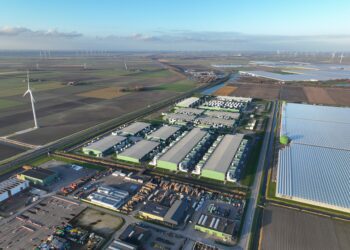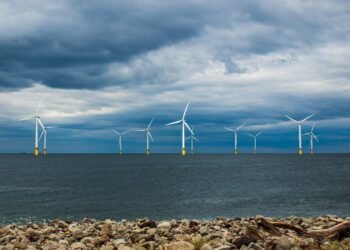The climate crisis is causing each day to lengthen as polar ice melt redistributes Earth’s mass, scientists report. This phenomenon, driven by human-induced global heating, rivals natural processes that have shaped the planet for billions of years. Though the change in day length is measured in milliseconds, it could disrupt precise timekeeping systems crucial for internet traffic, financial transactions, and GPS navigation.
Historically, Earth’s day length has increased due to the moon’s gravitational drag on oceans and land. However, the melting of the Greenland and Antarctic ice sheets is accelerating this change by shifting water towards the equator, making Earth more oblate and slowing its rotation. This redistribution of water has also been linked to shifts in Earth’s axis and the shrinking of the stratosphere due to carbon emissions.
The research, published in the Proceedings of the National Academy of Sciences of the USA, indicates that from 1900 to 2000, the slowing rate of Earth’s rotation varied between 0.3 and 1.0 milliseconds per century (ms/cy). Since 2000, this rate has accelerated to 1.3 ms/cy and could reach 2.6 ms/cy by 2100 if greenhouse gas emissions are not reduced. The findings highlight humanity’s profound impact on Earth’s systems, with significant implications for global timekeeping and navigation.












